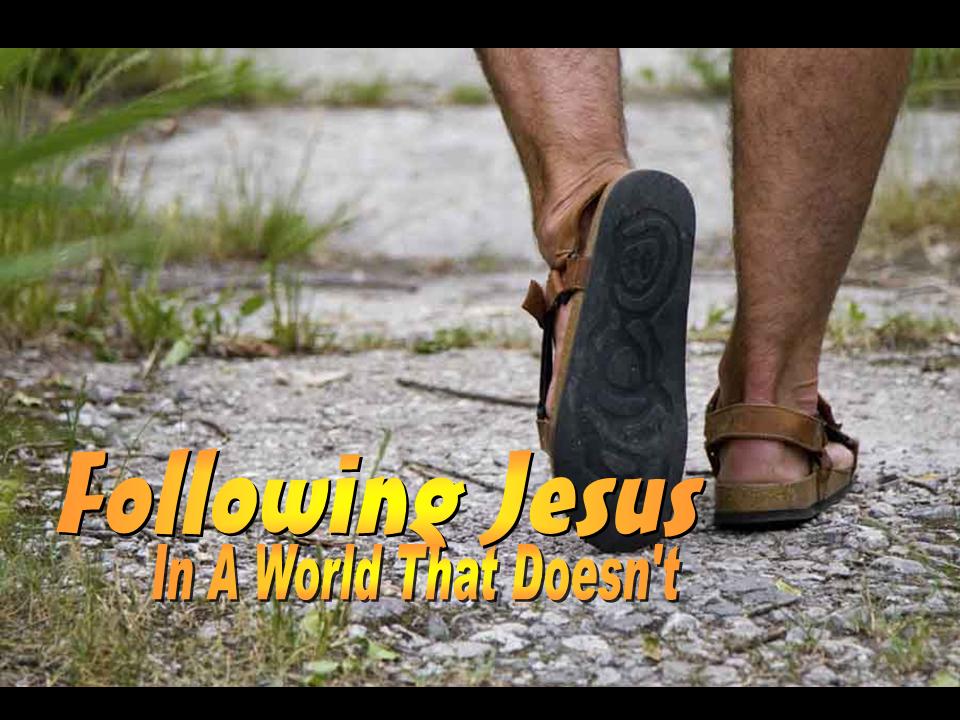For the past 10 days, I’ve been reading articles in The Wall Street Journal and The New York Times wherein authors have pontificated about the future of The Episcopal Church.
More accurately, these writers are predicting the ultimate demise of the Church.
Why?
Oh, because we do what the Gospel tells us to do.
Instead of keeping people out, instead of saying to some people, “Well, God likes you, but only a little bit, so we’ll let you come in, but all you can do is sit down and shut up,” The Episcopal Church is moving ever closer to meaning it when it says, “All means all.”
 At General Convention 2012, the Church backed up what it has been saying by overtly stating that transgendered persons are not only welcome, they can be leaders in the Church at every level.
At General Convention 2012, the Church backed up what it has been saying by overtly stating that transgendered persons are not only welcome, they can be leaders in the Church at every level.
Oh, and by the way, we believe that indeed, we can bless same-sex unions, and here’s the trial liturgy to do so. (A note for those who don’t know what that means: A “trial” liturgy is one that we are recommending for use. After you use it, please comment on it, so that it can be improved. In other words, this is not the final word on what said liturgy will look like.)
Those two actions alone seem to have set off the warnings of our imminent demise.
First, Jay Akasie, a journalist and Episcopalian living in New York, lambasted the Church, making wildly inaccurate claims that showed he actually didn’t spend any time learning what was going on at General Convention.
His column, coming the day after Convention ended, was bad enough. But since most of it was not true, what was there to worry about, right?
But then, two days later, came Ross Douthat’s first broadside in The Times (here), in which he proclaims that the Church “is flexible to the point of indifference on dogma, friendly to sexual liberation in almost every form, willing to blend Christianity with other faiths, and eager to downplay theology entirely in favor of secular political causes.”
Mr. Douthat says that this increasingly progressive stance is the cause of the Church’s decreasing numbers. In fact, he says, “the Episcopal Church’s dying has proceeded apace.” Liberal Christianity, he says, “has collapsed.”
“What should be wished for,” he says, “… is that liberal Christianity recovers a religious reason for its own existence.” The Episcopal Church, he says, doesn’t offer “anything you can’t already get from purely secular liberalism.”
To which I reply: Really?
The Episcopal Church day by day moves ever closer to living out the Gospel it proclaims, and this is going to kill us?
As I told the people of St. James Episcopal Church in Amesbury, Mass., on Sunday, our Church isn’t following society willy-nilly. Our Church is dragging society forward to where God wants us to be! We are, I said, at the forefront of saying to people, “Enough! Tear down the damn walls that divide us! Everybody belongs! All really does mean all!” (Sermon here.)
I don’t know why Messrs. Akasie and Douthat are so afraid to have the Gospel lived out. I don’t know why they think that actually doing what Jesus told us to do is so … wrong for … so … lethal to the future of Christianity.
Mr. Douthat in particular talks a lot about how the younger generations are not coming to church. And it’s true, they aren’t. But if you take a good look at what the surveys and studies show, younger people are not coming to church in part because they are tired of hearing about how we exclude people, how we judge them, how we say, “You are not worthy of us unless you believe exactly as we do.”
Me? I think that the more we as a Church throw open the doors, the more we take our faith out into the world, the more we live the faith as Jesus taught us, by word and deed, the stronger the Church will be and, more important, the better the world will be.
Perhaps all those who fear a “liberal” agenda in the Church should spend some time listening to the Most Rev. Desmond Tutu, the retired archbishop of South Africa and Nobel Peace Prize Laureate.
“I don’t preach a social gospel,” he said. “I preach the Gospel, period. The gospel of our Lord Jesus Christ is concerned for the whole person. When people were hungry, Jesus didn’t say, ‘Now is that political or social?’ He said, ‘I feed you.’ Because the good news to a hungry person is bread.”[1]
The Gospel the Archbishop preaches is God’s Gospel. You know, the one about the wild, radical, unequivocal, all-embracing, never-ending love that God extends to every one of us.
In his most recent column (here), Mr. Douthat wonders whether liberal Christianity is actually the future of the Church.
I certainly hope so.
I certainly pray that The Episcopal Church, my Episcopal Church, lives up to this wild, radical, unequivocal, all-embracing, never-ending love that we proclaim.
Because that’s a Church to which I want to belong.
Naysayers may proclaim that all we’re doing is following society.
But I’m pretty sure they’re wrong, that what we’re really doing is following the Risen Lord.
[1] Archbishop Desmond Tutu, as quoted in God’s Mission in the World: An Ecumenical Christian Study Guide on Global Poverty and the Millennium Development Goals, published by The Episcopal Church Office of Government Relations and the Evangelical Lutheran Church in America, 2006.




